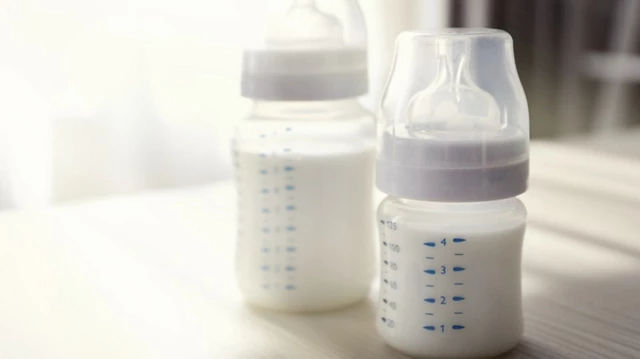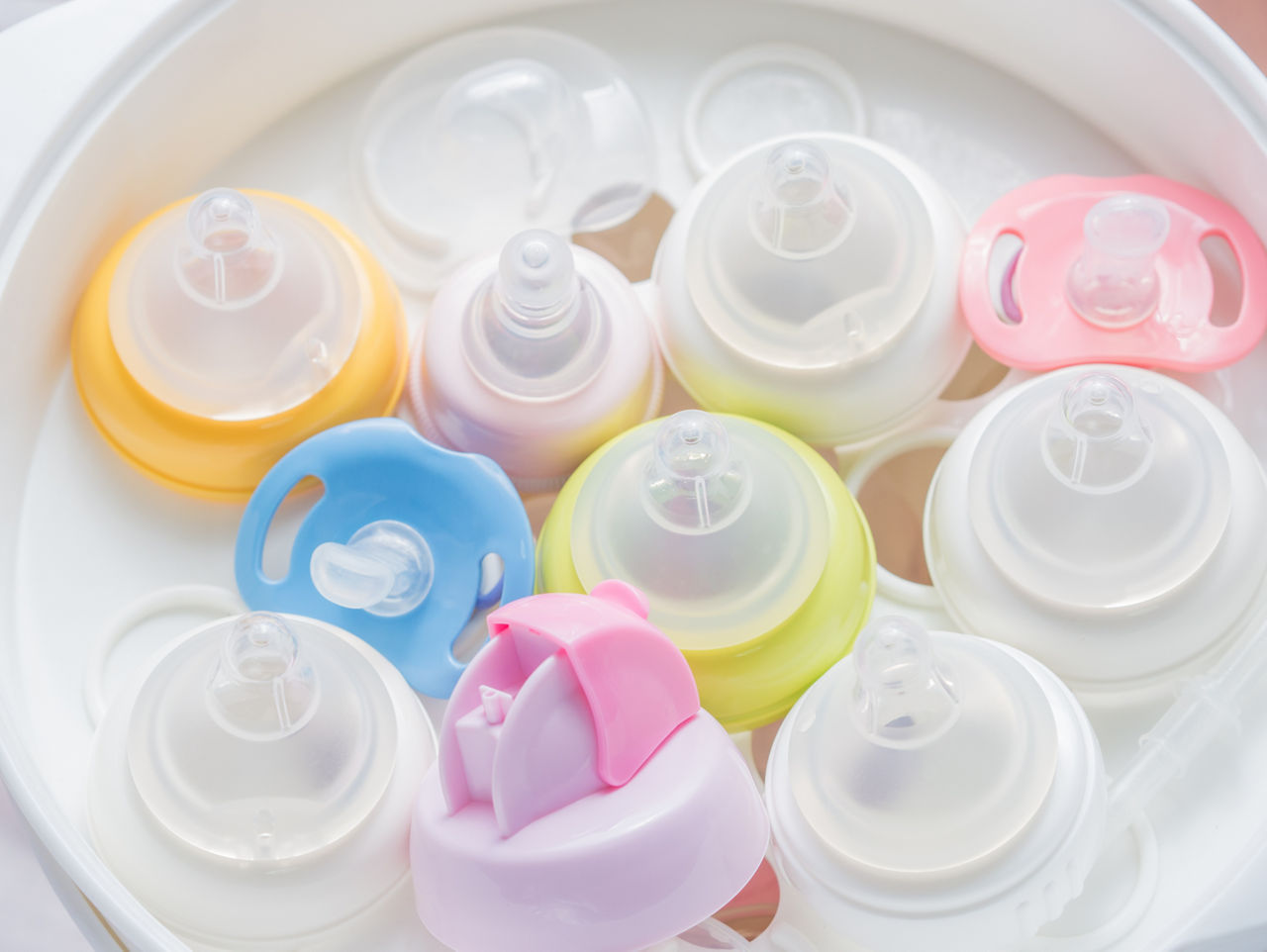Formula and function
Discover which milk is right for your baby
Formula milks are designed to support each stage of your baby’s growth and development. Find out more about what formula milk is composed of, the different formats it’s available in, choosing which one is right for your baby, special formula milks that are available for specific dietary needs, and how to prepare formula milks correctly.










